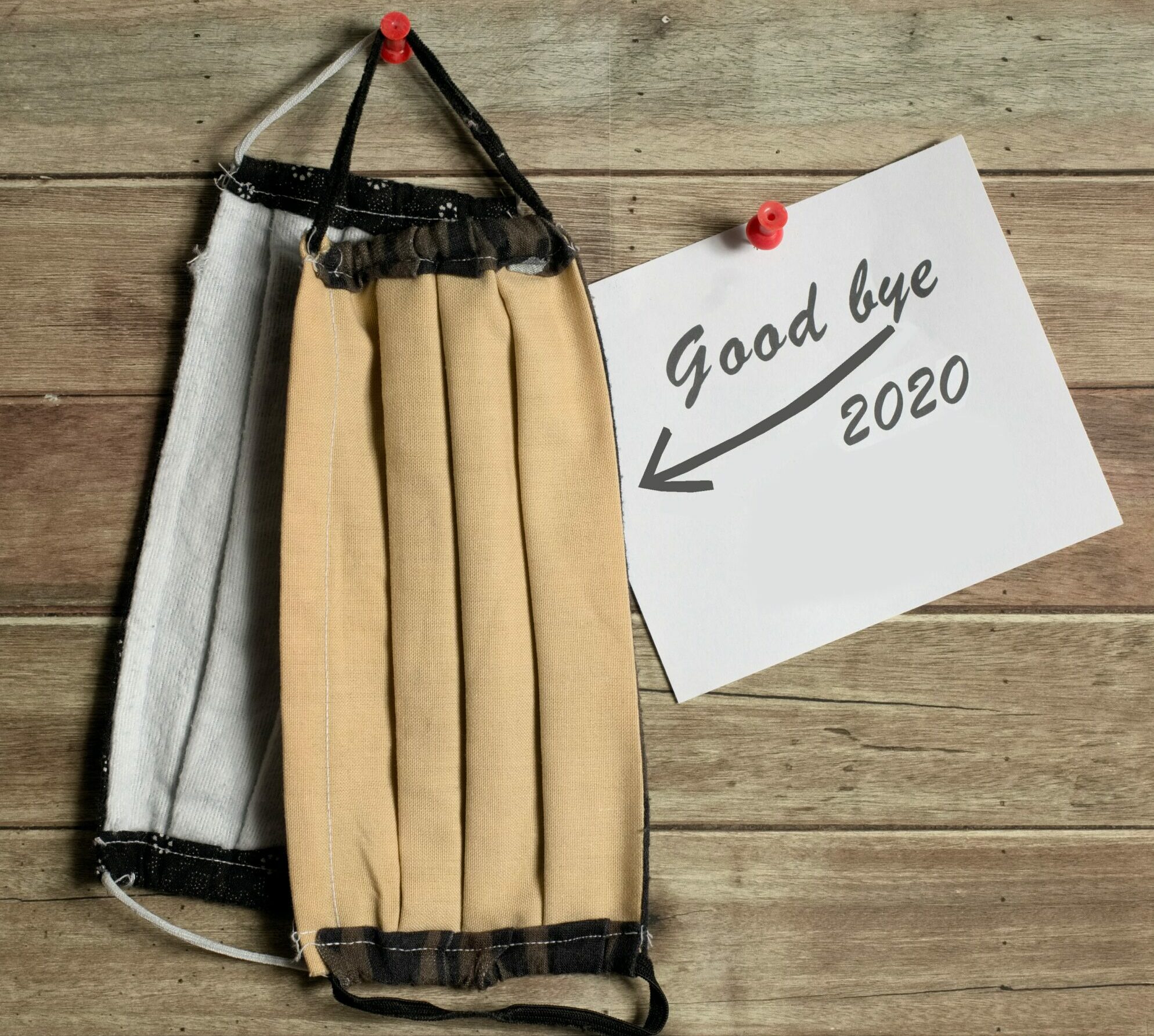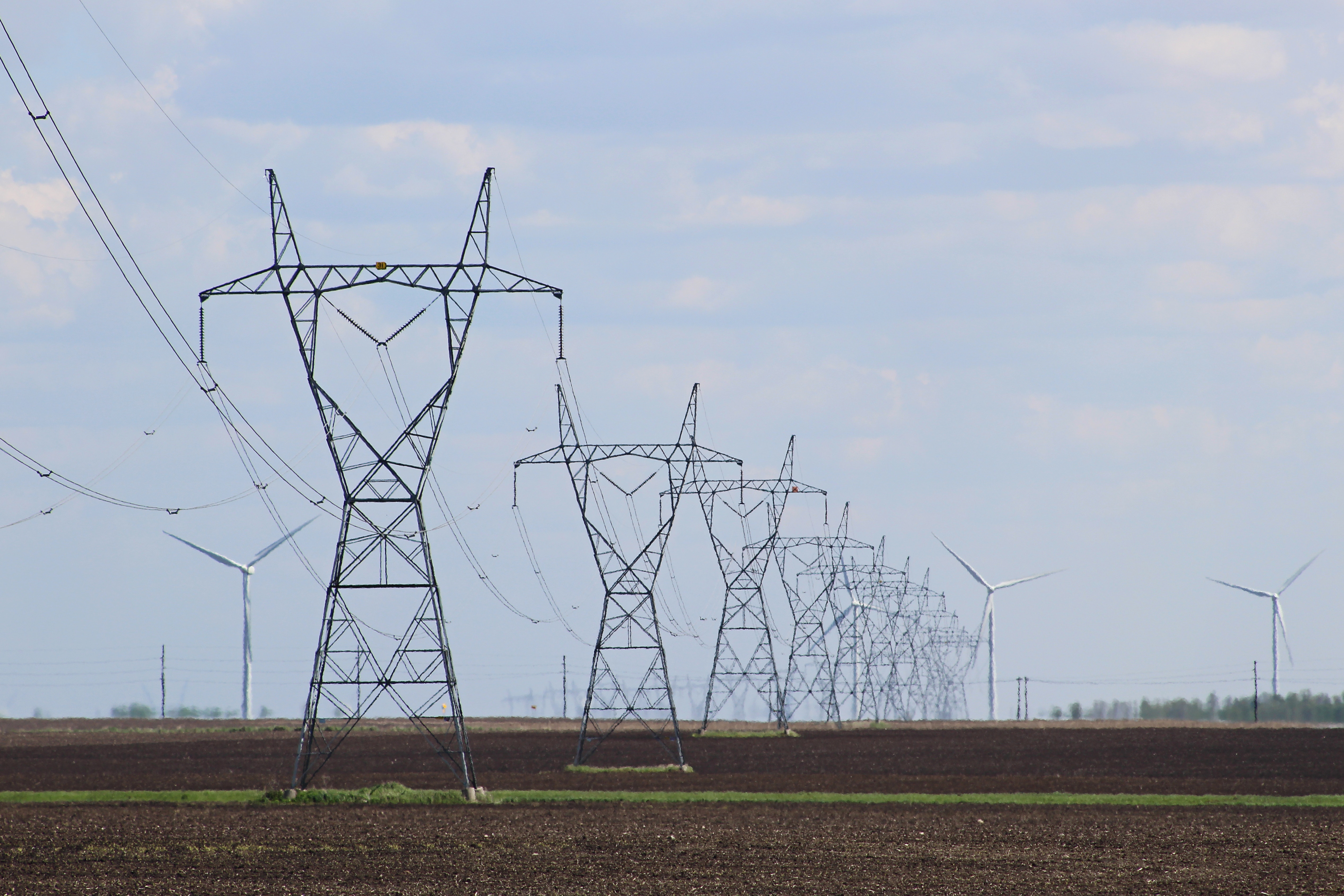2020 in Boulder: A Year in Review

Saturday, Dec. 26, 2020
2020 was… a year. For a period when many people spent most of their time at home, a lot happened. Let’s look back at the biggest stories from Boulder during the past 12 months.
COVID
Local closures began with stay-at-home orders in March. Life gradually opened back up over the spring, but the return of students to CU caused a surge that resulted in more restrictions. The state avoided reinstatement of spring measures by adding ever-more levels to its COVID-19 dial, even through a larger late-fall increase in cases.
City government changed as well, with city council meetings going fully remote, libraries shutting down for much of the year and some programs ceasing entirely. Spending in 2020 was slashed by $29 million, with further reductions heading into 2021.
Impacts to the wider community were myriad, from millions of missing students, tourists and in-commuters to shuttering businesses. The city distributed $775,000 in CARES Act funding to businesses and $740,000 to residents for things like rental assistance, food and mental health services.
The pandemic also cracked wide open existing racial/ethnic and socioeconomic disparities. The Latinx population was disproportionately infected and hospitalized. Low-wage workers in “essential” service industries, unable to work from home, were exposed in greater numbers and also bore the brunt of the economic devastation. As CU economist Rich Wobbekind said in May, “The people who are losing their jobs are the people who can’t afford to lose their jobs.”
Why this made the list: Even with vaccines beginning to be distributed, we’ll still be dealing with COVID as an active pandemic for months to come, and its societal and economic fallout for years to come.
Petitions
No year in recent memory has wrought bigger changes to direct democracy in Boulder than 2020. COVID threatened to derail in-person petitioning, with law enforcement and health officials recommending against it. But when city council failed to provide a workaround, circulators forged ahead.
Three of five active campaigns garnered enough signatures to qualify for the ballot — that is, until city staff revealed that the deadlines and signature thresholds they gave to campaigns were incorrect, rendering two petitions ineligible. City Attorney Tom Carr initially said the city would honor its false guidance, but city council ultimately advanced only one of the efforts: Our Mayor, Our Choice, a measure to allow Boulderites to directly elect their own mayor starting in 2023. (It passed 78% to 22%.)
The other campaign, Bedrooms Are For People, sued to place its measure on the ballot asking voters to change the city’s limits on unrelated adults living together. They failed, but the district judge noted Boulder’s confusing and contradicting rules around petitions saying “It’s not a very easy analysis for anyone to go through, including the court.”
City council in July decided on an interpretation of these rules that state law — not the city’s charter, which governs all other forms of local direct democracy — sets requirements for petitions that seek to change Boulder’s charter. That means circulators will have half the time to collect twice as many signatures.
It codified this interpretation Dec. 15, adding language to the Boulder revised code. Voters may still be asked to make these changes in the charter, but it’s not necessary, Carr advised.
“This is a fair interpretation of the charter and within the bounds of what a legislative body does,” he wrote in response to emailed questions. “The council charter committee will decide whether to recommend a charter amendmentChange made to existing documents, resolutions, or ordinances for further clarification.”
Not all changes this year made petitioning harder. Boulder firmed up a first-of-its-kind online petitioning system that will debut in January. Even that process wasn’t without its detractors, who argue (among other things) that campaigns should be allowed to gather signatures via paper and the new online system, rather than choosing one or the other.
Council pledged to work on a dual system for 2022 or beyond; it’s unclear when. Either way, democracy will never look the same in Boulder.
Why this made the list: Council’s July decision set additional barriers to changing Boulder’s charter. There are pros and cons to that; the big story is how and why — How they did it: Without a vote of the people, when voters have been asked to weigh in on past changes to direct democracy; and Why: These restrictions contrast with overall movement in recent years to open up access to direct democracy.

Policing
Boulder got a new police chief this year, and she wasted no time in reforming policies related to use of force and firearms. A new civilian oversight panel — to be seated in 2021 — and independent monitor will aid reform from the outside.
Critics have questions how much has really changed, with a barely-cut budget despite deep reductions in other departments. In fact, in 2021, police will be the single biggest source of spending for the city: 25% of the general fund and 14% of all spending (excluding utilities).
Why this made the list: Policing touches on so many issues Boulder is wrangling with, from budgeting to homelessness and racial equity. Police policies end up being homelessness policies, racial justice policies, fiscal policies, etc.
Homelessness
Boulder hit a milestone in 2020, housing its 1,000th formerly homeless person (according to city officials). But that housing-first focus — a nationally recognized best practice — came at the expense of sheltering and other services. The number of shelter beds was cut in half and all sheltering was consolidated into a single location, with spending cut by more than $100,000.
The city, following guidance from the regional group overseeing homelessness, also capped the number of nights a person could stay in emergency winter sheltering (30) in a single season and how many nights they could stay at all without going through screening (one). Another new requirement means that an unhoused person must reside in Boulder County to access any services; previously, that was only applied to those en route to permanent housing.
The moves were decried by providers. Isabel McDevitt pushed publicly for more services, and in September — after 57-year-old John Aldridge died of apparent hypothermia during a summer snow storm — told Boulder Beat “the pendulum had swung wag too far” toward housing and away from other life-saving services.
Everyday community members had a lot to say about homelessness this year, from those who encouraged encampment cleanups to those who protested — in some cases, physically — the sweeps as cruel and contrary to the guidance of the Centers for Disease Control and national homelessness experts.
Some pushed for expanded services at a time of economic hardship, but elected officials kicked that can to the city’s civilians housing and human services groups. Proposals may be unveiled in 2021, but council was clear: There will be no help from the city in implementing anything they come up with.
Why this made the list: Homelessness could very well have topped a year-end list any of the past several decades. But these were especially big changes to a perennial issue, one that (rightfully) drew the attention of many — including a six-part series from Boulder Weekly that is well worth a read.

Municipalization
AKA the muniA utility that would be owned by the city of Boulder. Shorthand for municipalization, which is the p... aka Local PowerWhat the city of Boulder calls the muni met an end (of sorts) in 2020 after a decade of court battles, regulatory rulings and public meetings. Sometime soon, Boulder will officially re-enter a franchiseA legal agreement between a power provider and customer (in this case, Xcel and Boulder) governing t... agreement with XcelXcel Energy, a publicly traded utility company based in Minnesota. Energy, 10 years after the city ended the last one.
In some ways, though, the muni will live on; not just because Boulder can resume it at several points in the future. The main muni-funding tax was extended and repurposed to pay for utility assistance and various (TBD) emissions-reducing projects. And the city still has an entire department dedicated to combating climate change, with a budget of $5.8 million, and a whole other tax for associated efforts: CAP, or Climate Action Plan tax.
This may have marked the end of the muni, but it’s really more of a transformation in Boulder’s battle to be greener.
Why this made the list: 10 years, $29 million spent and an historic settlement negotiated by two elected officials from opposing camps. Enough said.
Honorable mentions
Racial equity – This is tied into policing, but merits its own entry because equity comes (or doesn’t) on so many fronts. Elected officials got their first look at the city’s racial equity plan in December; adoption is scheduled for Feb. 16 — and then the real work begins. Expect this item to move up in the list next year.
Budgeting – Boulder is currently in a cash crunch such as the city has not experienced in years, necessitating a hard look at how we spend our money. One was coming anyway, as city council turned its focus to long-term financial planning and (barely) began to discuss the advisability of having so much money tied to hyper-specific purposes and projects.
CU South / South Boulder Creek flood mitigation – Seven years after the devastating floods of 2013, Boulder finally has a plan for what flood protection will look like along one of its most important watersheds. Mostly: The city will take one more look at a resident-proposed plan for increased detention January 5.
Approving a flood design was a big step. The real test is yet to come with an annexation decision for the university’s eventual southern campus, scheduled for June.
Prairie dogs – Probably every year-end list for the past two decades could make some mention of the ubiquitous rodents. 2020’s big news was the approval of lethal control for the first time ever to get control of populations on once-productive irrigated farm land.
— Shay Castle, boulderbeatnews@gmail.com, @shayshinecastle
Want more stories like this, delivered straight to your inbox? Click here to sign up for a weekly newsletter from Boulder Beat.
Budget Climate COVID-19 CU South Elections Homelessness Municipalization Open Space Police Prairie dogs 2020 Bedrooms Are For People Boulder Boulder County Public Health Boulder Shelter for the Homeless Bridge House budget Centers for Disease Control charter amendments citizen initiatives city council city of Boulder Climate Action Plan Colorado Supreme Court COVID COVID-19 CU South direct democracy district court elections flood control homelessness law enforcement Local Power muni municipalization No Eviction Without Representation Our Mayor Our Choice pandemic petitions Police Chief police reform prairie dogs racial equity racial justice shelter beds sheltering small business South Boulder Creek stay-at-home orders unhoused Utility Occupation Tax winter shelter

